
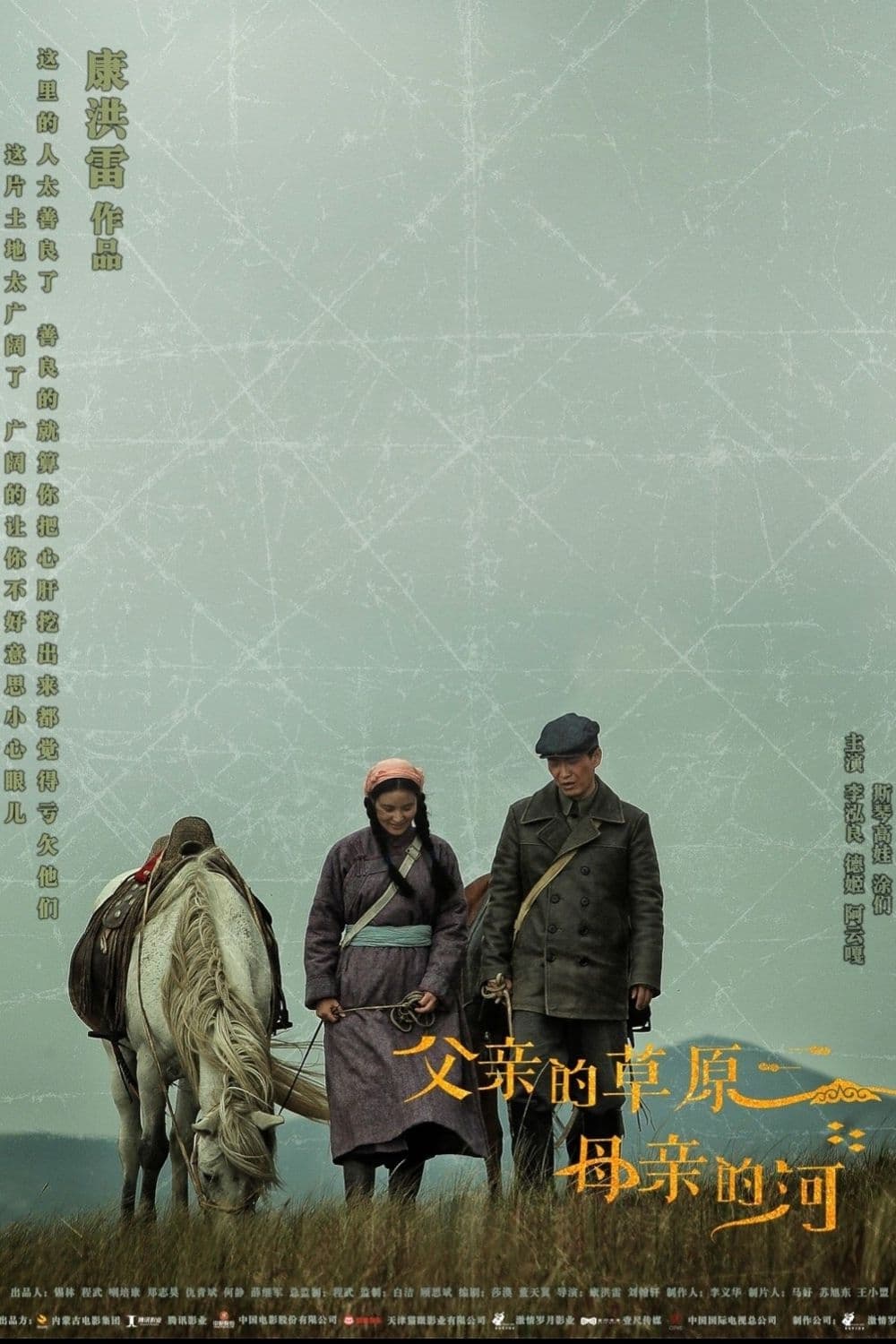
The Mo siblings from Nanjing move to Inner Mongolia’s grasslands, where they work with the Ulan Muqi troupe and local herders. Along the way, they face love, loss, and personal growth while pursuing their dreams.
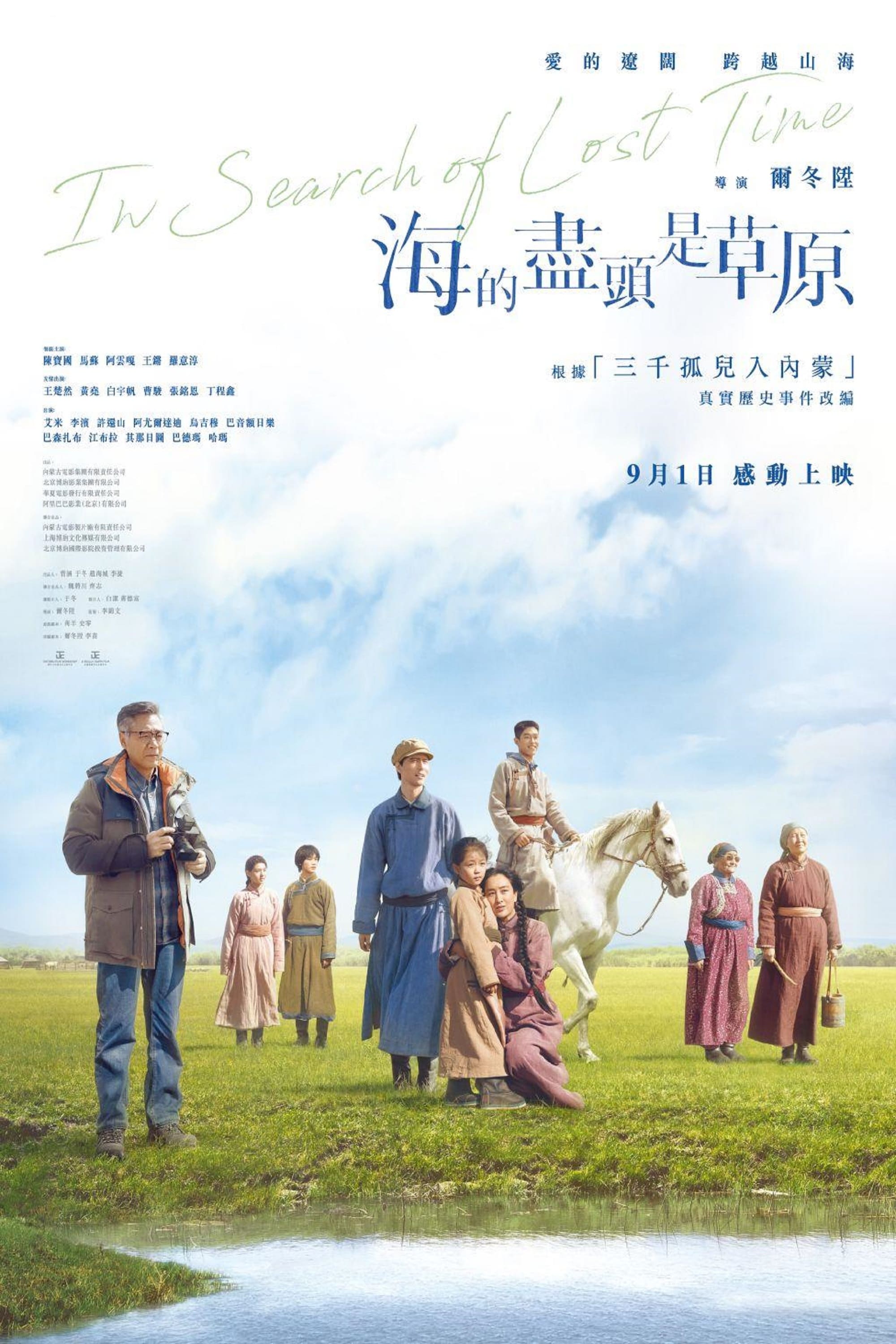

In the last two to three years of their poverty alleviation efforts, Han Li works with Ga Cha secretary Bao Feng to lead the party members in improving the quality of life of the masses. Han Li has volunteered to become the first secretary of Ga Cha village only to realize upon his arrival that things are far from being as simple as he initially expected. Nonetheless, he refuses to be intimidated by the difficulties before him as he formulates a precise plan of attack and lays a solid foundation to construct a thriving industry and revitalize the beautiful countryside for the people to live in.
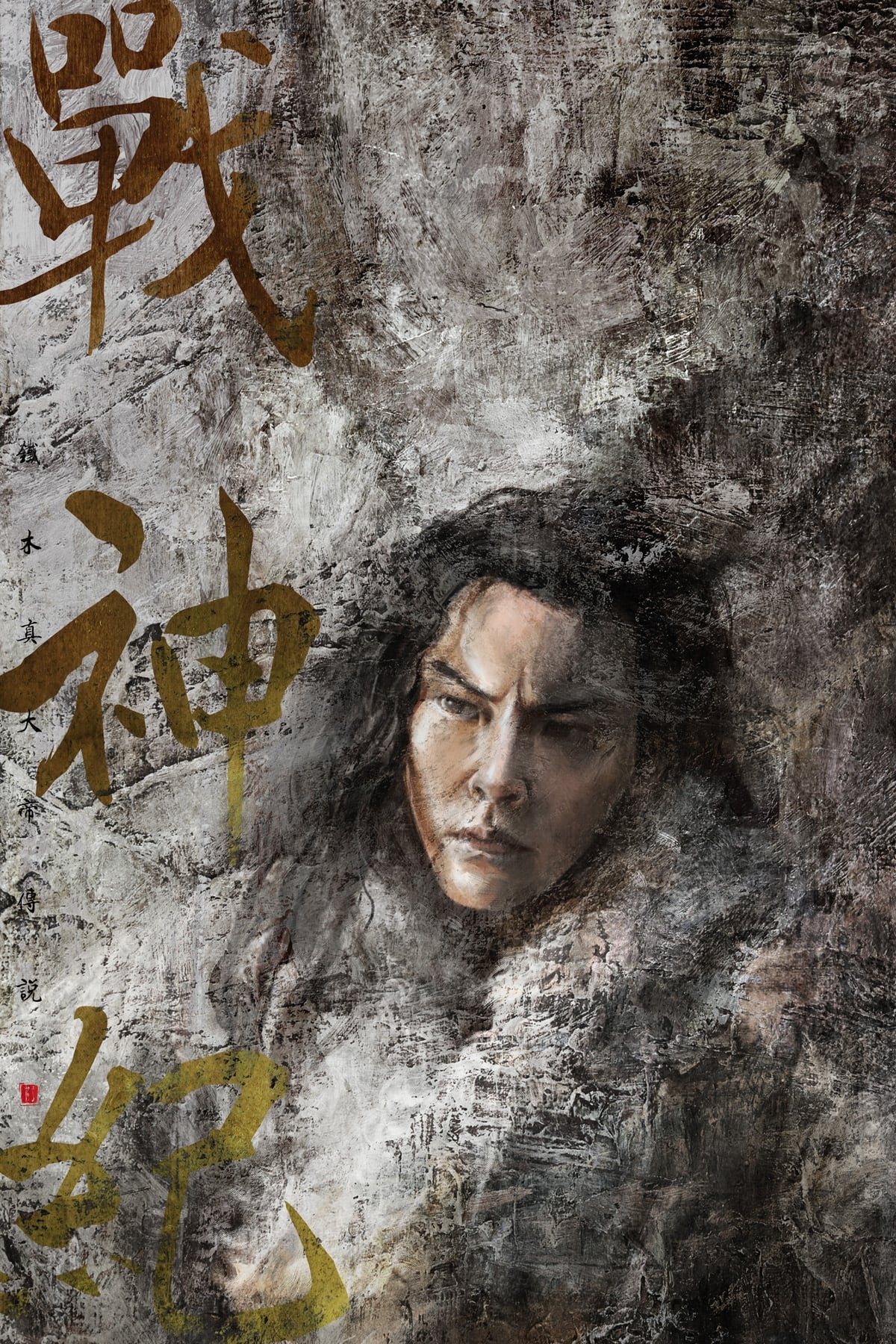
Temüjin and Börte are childhood lovers who are deeply in love; but news of Temüjin's father's death swiftly disrupted their relationship. Temüjin heads back to his hometown, but was faced with a sudden attack from his father's former comrades, causing his whole tribe to be destroyed.

A giant rebelled against the heavens. It was declared a devil and defeated. The immortal heart evolved into Sun Wukong. The heavens found him, and ravaged his home. He enters the heavenly kingdom, disguised as a human, seeking retribution.
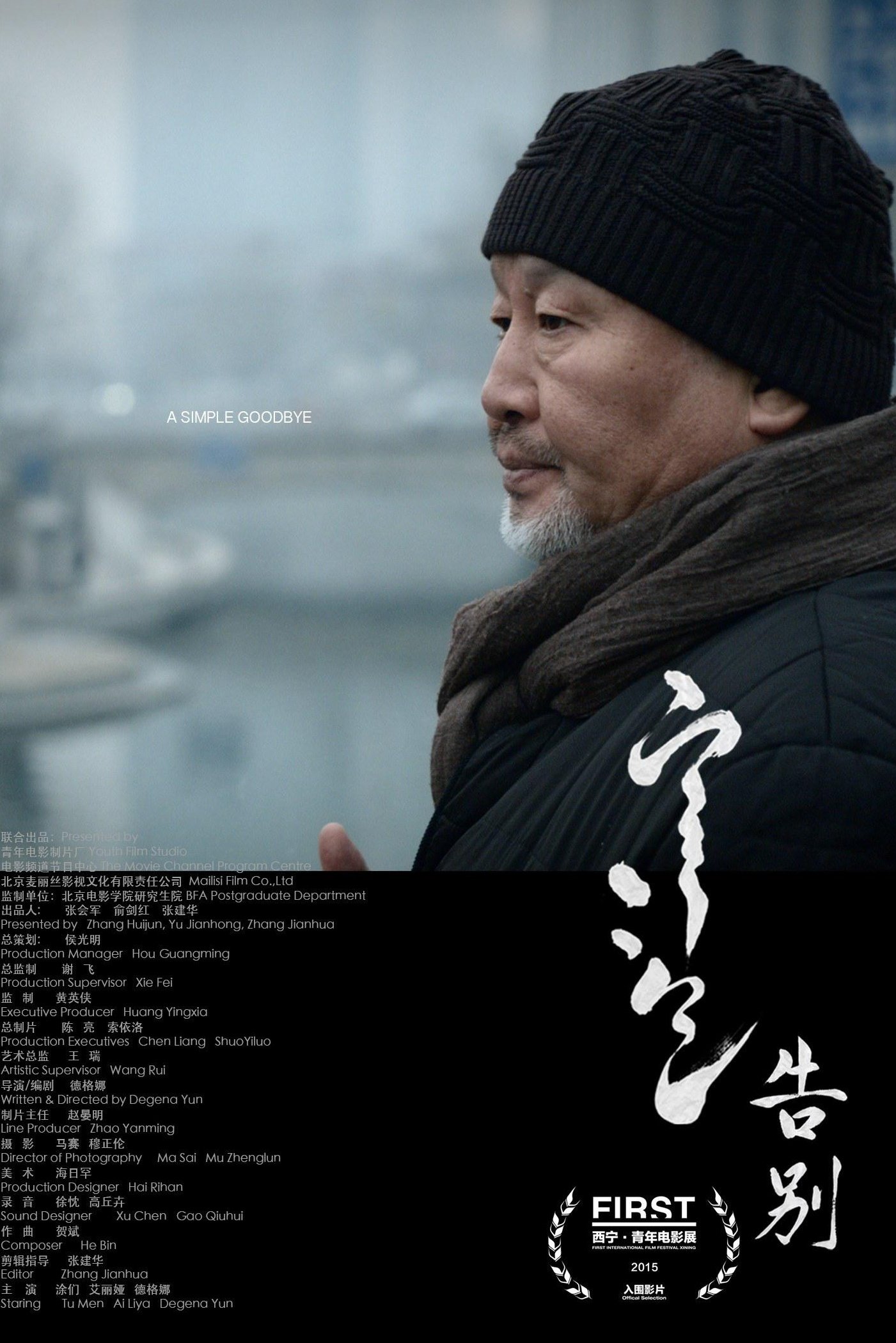
This film expresses feeling in a highly obscure way. It presents a seemingly desultory time period to tell the story of two generations. A young girl who’s confused about what lies ahead is sent to England to receive education from childhood. She indulges herself in cyberlove and cannot get herself out of the hurtful affair. A middle-aged father who’s perplexed about death left his hometown for Beijing when he was young. He feels helpless about the status quo of the state-owned film studio. Tortured by terminal disease, he gives up the hope to live on.

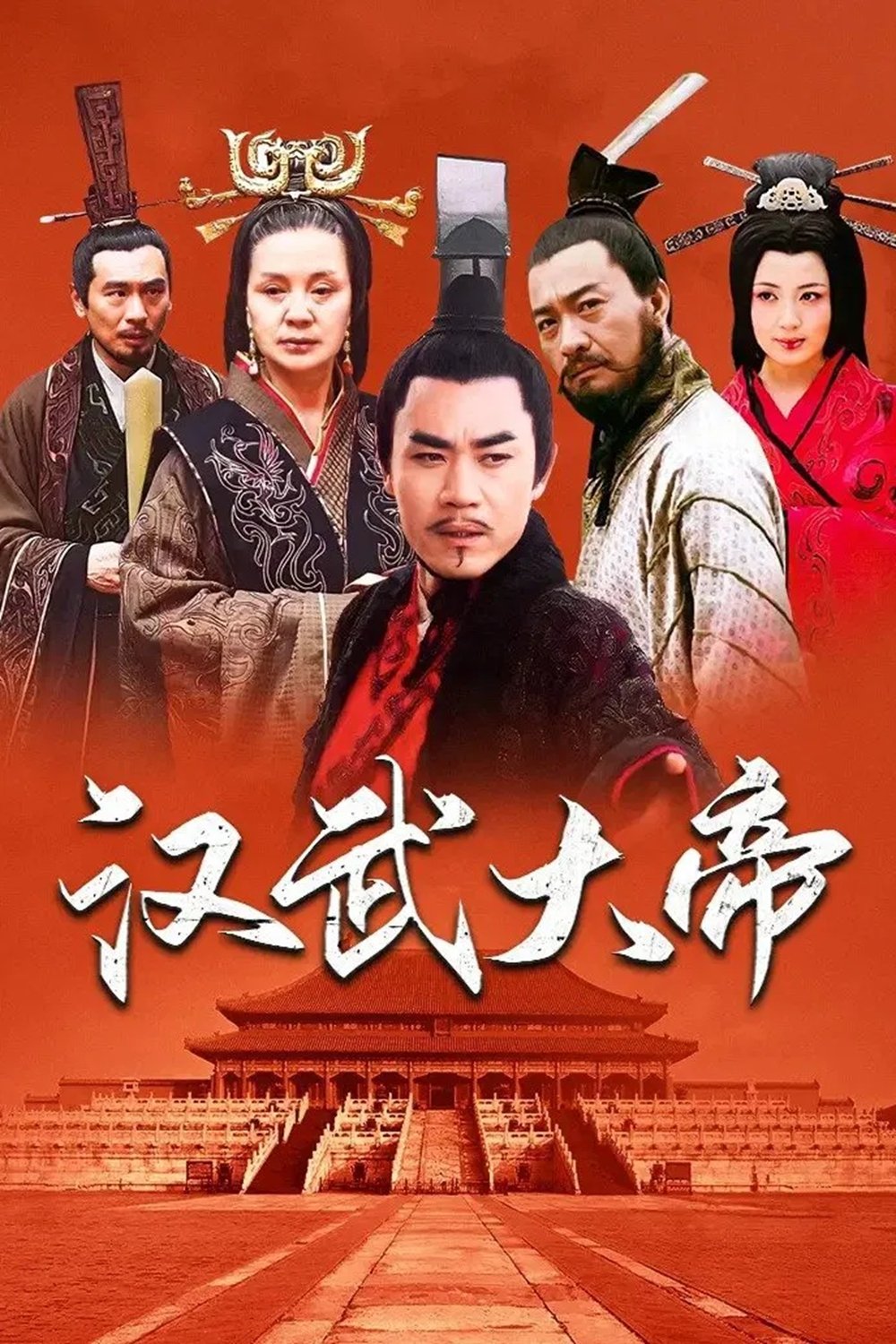
The Emperor in Han Dynasty,[1] also released under the title The Emperor Han Wu in some countries, is a 2005 Chinese historical television series based on the life of Emperor Wu of the Han dynasty. It uses the historical texts Records of the Grand Historian and Book of Han as its source material. The series covers the life of Emperor Wu from his early childhood to his death and some events in the reign of Emperor Jing (Emperor Wu's father and predecessor), such as the Rebellion of the Seven States. It follows the conflicts that defined the pivotal war between the Han Empire and the Xiongnu, and depicts the major victories that the Han scored over the Xiongnu during Emperor Wu's reign. Prominent historical figures such as the generals Li Guang, Wei Qing and Huo Qubing, as well as the diplomats Su Wu and Zhang Qian, also make appearances as supporting characters in the series.
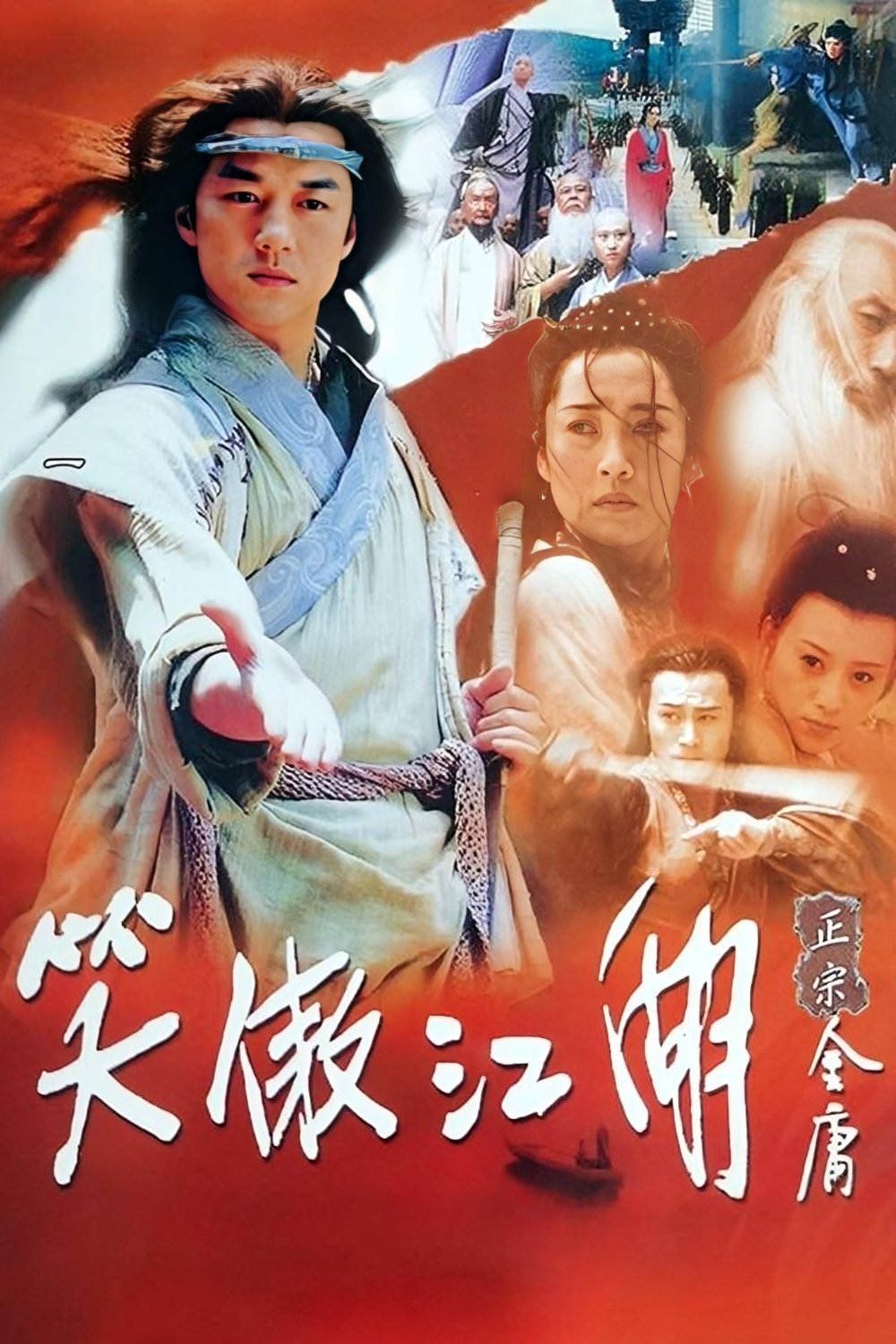
Laughing in the Wind is a 2001 Chinese television series produced by Zhang Jizhong, starring Li Yapeng and Xu Qing in the leading roles. The series is an adaptation of Louis Cha's novel The Smiling, Proud Wanderer. It was first broadcast on CCTV in China in 2001.
By browsing this website, you accept our cookies policy.